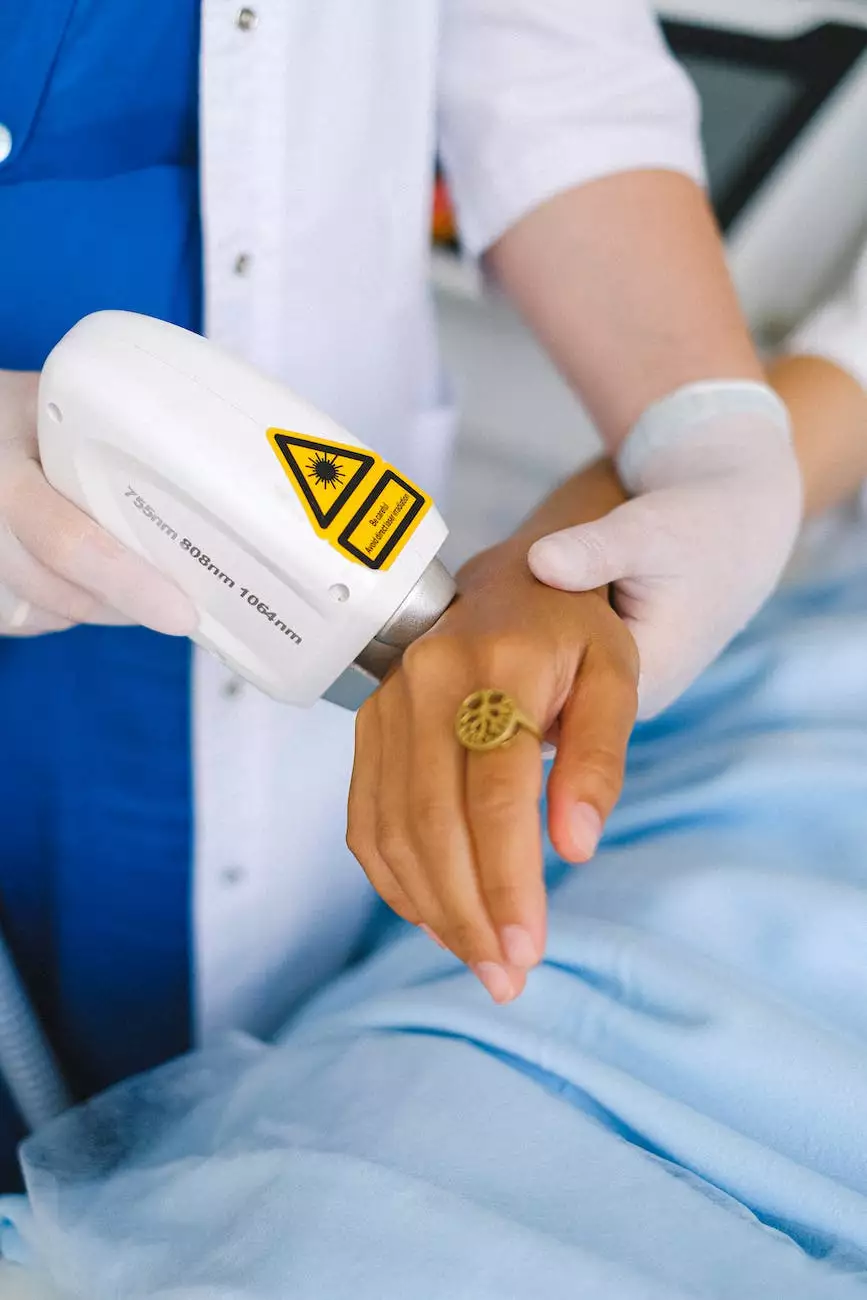Low Testosterone and Low Sex Drive—Not Just an Aging...
Health
The Impact of Low Testosterone
Low testosterone, also known as hypogonadism, is a condition that affects men of all ages. While it is more common in older men, low testosterone can affect younger individuals as well. It can have a significant impact on overall health and well-being.
Signs and Symptoms
Recognizing the signs and symptoms of low testosterone is crucial in addressing the issue effectively. Some common symptoms include:
- Decreased sex drive
- Erectile dysfunction
- Fatigue and decreased energy levels
- Mood changes, such as irritability or depression
- Loss of muscle mass and increased body fat
- Decreased bone density
- Difficulty concentrating
It is important to note that these symptoms can also be caused by other health conditions. Seeking professional medical advice is crucial for an accurate diagnosis.
Causes of Low Testosterone
There are several factors that can contribute to low testosterone levels, including:
- Aging: Testosterone levels naturally decline with age.
- Medical Conditions: Certain medical conditions like obesity, diabetes, and hormonal disorders can affect testosterone production.
- Medications: Some medications, such as corticosteroids or opioids, can lower testosterone levels.
- Lifestyle Factors: High levels of stress, sedentary lifestyle, poor diet, and inadequate sleep can contribute to low testosterone.
Treatment Options
At CHI St. Luke’s Health - Performance Medicine, we offer comprehensive treatment options for low testosterone and low sex drive. Our expert team of healthcare professionals will assess your situation and create a personalized treatment plan. Some treatment options may include:
Hormone Replacement Therapy (HRT)
Hormone replacement therapy is one of the most common treatments for low testosterone. It involves supplementing the body with testosterone, either through injections, patches, gels, or pellets. This helps increase testosterone levels and alleviate the symptoms associated with low testosterone.
Lifestyle Modifications
In addition to medical interventions, making certain lifestyle modifications can also help improve testosterone levels. Our healthcare professionals can provide guidance on exercise routines, nutrition, stress management, and sleep optimization to enhance overall well-being and testosterone production.
Follow-Up Care
Regular follow-up care is essential to monitor progress and adjust treatment plans, if needed. Our team will work closely with you to ensure optimal results and address any concerns along the way.
Conclusion
Low testosterone and low sex drive should not be ignored, as they often indicate an underlying health issue. At CHI St. Luke’s Health - Performance Medicine, we prioritize your well-being and offer effective solutions to restore and maintain a healthy testosterone level. Contact us today to schedule a consultation and take a step towards reclaiming your vitality.










